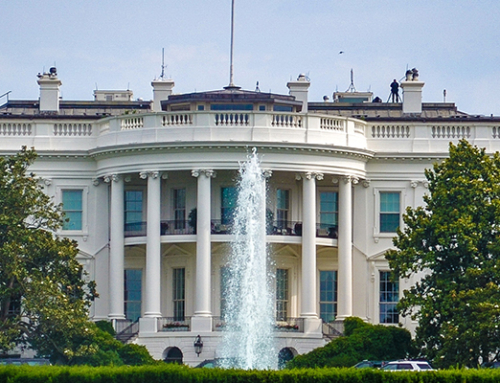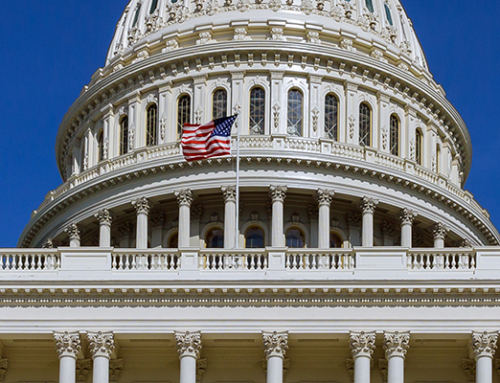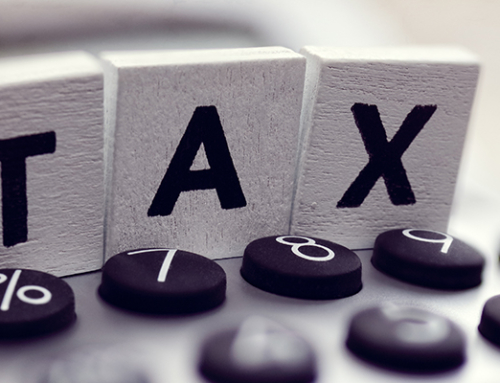In May 2021, Governor Mike DeWine notified the United States Department of Labor that Ohio would be terminating its administration of the Federal Pandemic Unemployment Compensation (“FPUC”) and the Mixed Earner Unemployment Compensation (“MEUC”, together with the FPUC the “Temporary Federal UI Programs”) programs.
The Ohio Chamber of Commerce, the Ohio Business Roundtable, the Ohio Restaurant Association, the Ohio Hotel and Lodging Association, and the Ohio Grocers Association (the “Ohio Business Amici”) support the Governor’s decision and have urged the Franklin County Common Pleas Court to deny a motion for a temporary restraining order and preliminary injunction. A decision is expected this week.
Ohio business associations argue that the sole statute cited as the basis for Plaintiffs’ claims, R.C. 4141.43(I), does not create any obligation requiring the State of Ohio to continue participating in these now counter-productive programs. Further, from the Ohio Business Amici’s perspective and based on public data substantiated by the on-the-ground experience of the Ohio Business Amici’s members, it is clear that Ohio businesses – and in turn, Ohio’s economy – will suffer unjustifiable harm if the requested injunction is issued.
The issues raised in Ohio have also been addressed more generally in an Amicus Brief filed by the US Chamber of Commerce and the National Federation of Independent Business (NFIB). The arguments presented include:
A. Labor Shortages Are Hurting Businesses and Hindering the State’s Economic Recovery.
B. Federal Pandemic Unemployment Insurance Benefits Are Contributing To Labor Shortages.
C. Ending the State’s Reliance on Federal Pandemic Unemployment Benefits Will Address the Labor Shortage and Stimulate Economic Recovery.
In Indiana and Maryland court orders have forced the states to reenter agreements with US DOL and to continue making payments for weeks prior to the federal statutory end of the programs the week prior to September 6th. A decision on an injunction is pending in Texas.
UWC has noted in policy discussions that the determination of whether to extend emergency provisions to pay extra unemployment compensation and/or pay benefits to individuals who are unemployed but do not qualify for regular unemployment compensation during the pandemic should be based on the economic conditions on the ground. As the economy recovers with the availability of greater numbers of jobs the appropriate policy should be to avoid measures that discourage work and to assist individuals in returning to work. These policy decisions rest on a state by state basis with evaluation of the local labor markets and job openings within each state.






